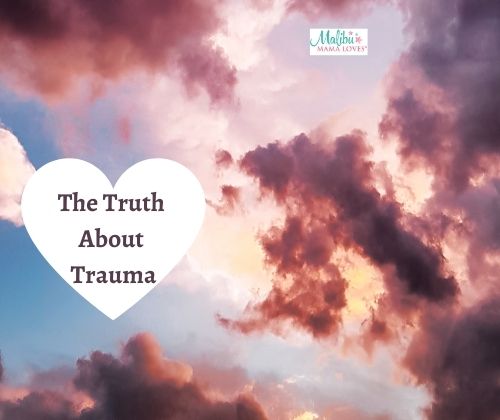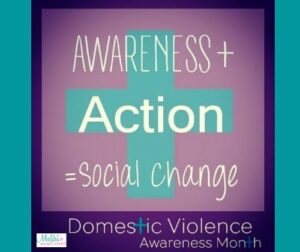The Truth About Trauma
Trauma is another one of those words that sparks a lot of misconception. Often when we hear the word trauma we think immediately of someone being beaten or abused in some devastating way or some extreme, highly stressful circumstance. Which stems from trauma being defined as a deeply distressing or disturbing experience.
Turning on the news now, and even just checking out your social media, we see all kinds of violent tragedies happening everywhere. Listening to this and seeing it can cause traumas to each of us, not just the people involved in the incident, as we go down the rabbit hole of ‘what ifs’. Not to mention actually being involved in a traumatic event – which 70% of adults are. So such a broad definition does not really work for trauma, does it?
What is Trauma?
I like to define trauma as a deeply distressing or disturbing experience (once or repeated) that causes one to change their perspective of the world negatively. Because the truth is, trauma is multi-dimensional by nature. Trauma is complex. Trauma causes physical reactions in our bodies as well as emotional ones. Trauma can be stored deep in our psyche silently, secretly effecting our daily habits for years after.
I believe that psychological trauma is an extremely personal, individual experience determined by that persons’ perspective.
What Does Trauma Come From?
Trauma can come from loss of a loved one, financial pressures, major life changes, bullies, divorce, rape, violence, torture, war, interactions with other people, illness, domestic violence, sexual abuse and so much more. It will affect everyone differently; what seems harmless to one person, can be extremely traumatic to another.
It can be as basic as a child not understanding why their parent has to leave for work every day. They do not understand adulting, they only understand their want to be with their parents all the time. They begin to think something is wrong with them that their parent does not want to be with them all of the time and leaves them. The child internalizes this and begins to condition themselves on a subconscious level that they are not good enough and experience abandonment issues. It is traumatic to them and therefor creates an imprint on the brain holding a space inner child that needs so much healing.
Experiencing this is just the beginning. People who experience traumas and leave it untreated often develop PTSD (Post Traumatic Stress Disorder) which can morph in to a paralyzing C-PTSD (Complex Post Traumatic Stress Disorder) if proper help is not found. They lead lives filled with frustration, anxiety and anger but are not 100% certain why.
The Reality
Given that trauma has such a wide range definition, it makes sense that it is part of our everyday lives. Yet, talking about it is taboo. We are expected to be traumatized and then put it away and never talk about it again.
For this reason alone, it is important to speak up about it. To create or seek a safe space for people to talk about their traumas, to know that it is ok to get some help. That they are not alone, there are proven methods of healing traumas and rewriting your brain.
So let’s talk about trauma more – almost all of us go through some form of it which is holding us back. We can heal to lead very healthy, conscious lives filled with happiness. It just takes knowledge, sharing and caring.
Are you ready to take the next step? Contact me here.
And that is the truth about trauma.
Start Your Healing Journey Here TodayMalibu Mama Loves Xx



 Hi There! Let's Share ✩ Explore ✩ Awaken together! I’m a Mama, published author, biohacker, and trauma-informed life coach raising conscious kids who truly appreciate our world through travel. Welcome to the Malibu Mama Loves Conscious Living Lifestyle!
Hi There! Let's Share ✩ Explore ✩ Awaken together! I’m a Mama, published author, biohacker, and trauma-informed life coach raising conscious kids who truly appreciate our world through travel. Welcome to the Malibu Mama Loves Conscious Living Lifestyle!




 Ready To Turn Your Trauma Pain Into Purpose? Join Our FREE Masterclass Click
Ready To Turn Your Trauma Pain Into Purpose? Join Our FREE Masterclass Click 


